The Australian Research Council (ARC) has awarded a $5 million grant for the development of an Industrial Transformation Research Hub in New Safe and Reliable Energy Storage and Conversion Technologies (the Hub).
The announcement came along with federal funding for four other new Industrial Transformation Research Hubs as part of a $25 million grant package. Federal Minister for Education Dan Tehan said the Morrison Government is investing in partnerships through which world-leading research generates real-world commercial outcomes.
No doubt, such funding could increase dramatically now that students in the Humanities are to be charged far more than students in the STEM fields. Obviously, the Morrison Government doesn’t believe art, conversation, social order, and the development of an informed citizenry are valuable, “real-world”, outcomes.
Nevertheless, the Hub, to be led by Deakin University Professor Ying Chen, as well as University of Wollongong researchers Zaiping Guo, Hua Liu, Christopher Cook and Jonathan Knott, will seek to develop new technologies in energy storage to eliminate the risk of fire, as well as addressing the environmental impact of current technologies.
“The research will deliver a new generation of technologies for storage,” said Guo, “from small-scale portable devices to large-scale industrial applications, using recycled and natural materials, and eliminating the serious fire risk in current technologies.”
Fire!
Unlike alternative battery chemistries, such as lead-acid, lithium-ion batteries have the potential for thermal runaway, or, “venting with flame,” a chain reaction that occurs when a lithium-ion battery exceeds its temperature range (between 15-45°C). At this critical point (between 60-100°C) the chain reaction of thermal runaway becomes unstoppable. In milliseconds the battery system’s temperature runs away into extremity (400°C), and the energy stored in the battery makes a break for it, bursting out in a gaseous fire resistant to conventional extinguishing efforts.
For the Hub to achieve its goals would be a major societal advance, says Chen. “Energy Reliability and sustainability are critically important to our society, and nowhere more so than in energy storage. Current energy technologies are reliant on the production of more than one billion lithium-ion batteries every year, to power consumer electronics alone.”
“Such staggering numbers of batteries bring with them significant issues around sustainability, end-of-life recycling, and disposal,” continued Chen. “Another challenge we face is the unsatisfactory energy density and slow charging performance of current lithium-ion batteries. They cannot meet the increasing demands from widespread and emerging applications including electric vehicles, portable devices (i.e. smart phones) and a vast number of industry tools.”
Australia’s Renewable Energy Ambitions
You cannot be a leader in this world if your own house is on fire. Understanding this truism is central to the Hub’s importance as Australia looks to position itself as a leader in energy storage and conversion. After all, it is one thing to have the resources (Australia is rich in lithium, cobalt, copper, rare earth minerals, etc.), but it is another thing to understand and control said resources. It is that latter knowledge which turns riches into wealth, and will ensure that Australia assumes a leadership role in the renewable energy storage sector.
“Australia’s capacity to lead the world in clean energy application and related technology transition is immense,” said Deakin Deputy Vice-Chancellor of Research Professor Julie Owens.
Indeed, it is one of the stated aims of the Hub to create start-ups and promote commercial opportunities to ensure the smooth transition of technological advance to Australian economic advantage and energy security.
“We want universities to be even more entrepreneurial and engaged with industry,” said Minister Tehan. For this reason, the Hub has already made industry partnerships with the likes of Hazer Group, Creswick Quartz, TDA Golden Field, Bolt Technologies, DLG Battery, HBIS Group, Zhuoyue Power New Energy, Oxford Crown Developments, Sicona Battery Technologies, and Sustainable Energy Equities.
Researchers from Deakin University and the University of Wollongong will be joined at the Hub by colleagues from the University of Sydney, University of Adelaide, University of Queensland, and the University of Southern Queensland.
This content is protected by copyright and may not be reused. If you want to cooperate with us and would like to reuse some of our content, please contact: editors@pv-magazine.com.
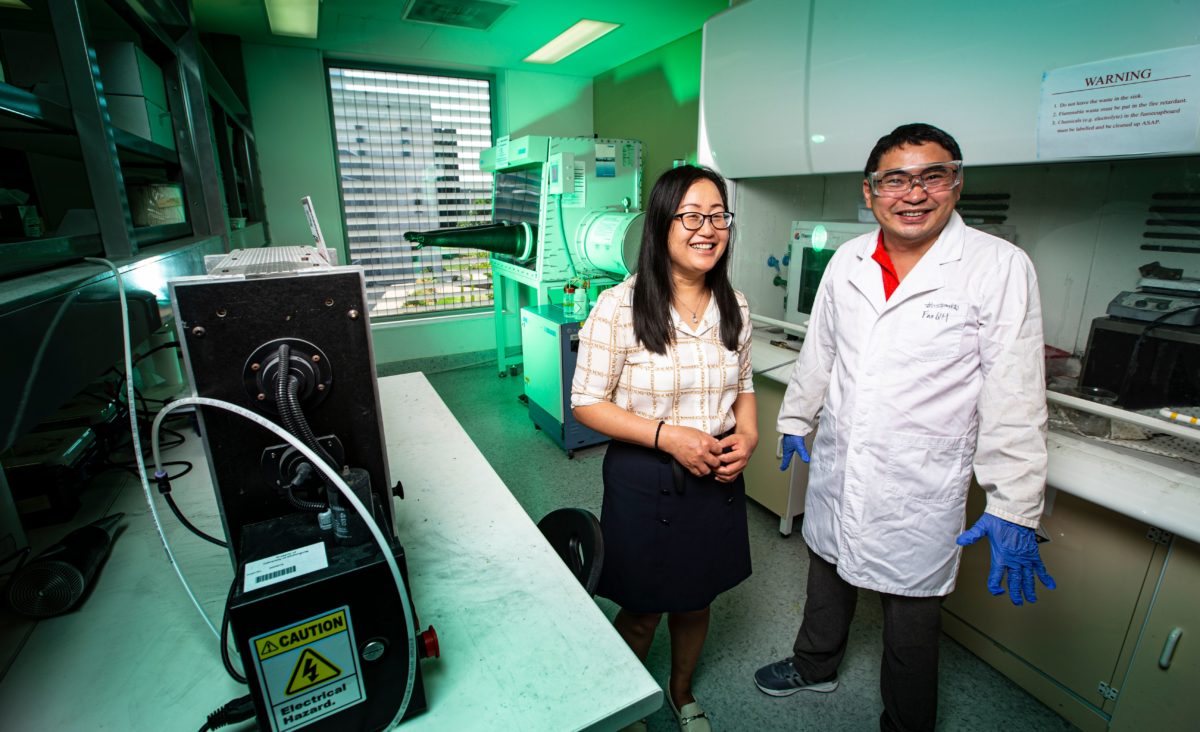


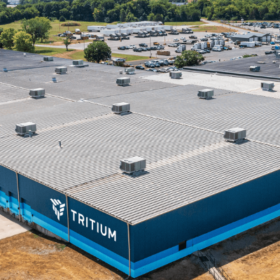
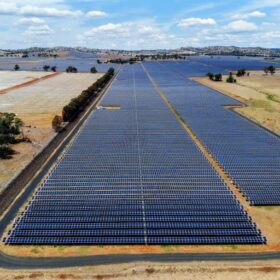
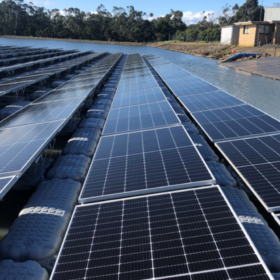
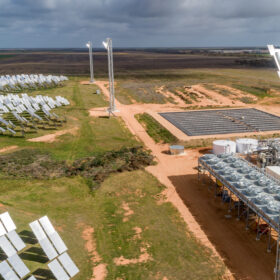

There are a huge number of lithium ion batteries out in the world and few reported fires. Perhaps hydrogen is not the best energy storage material.